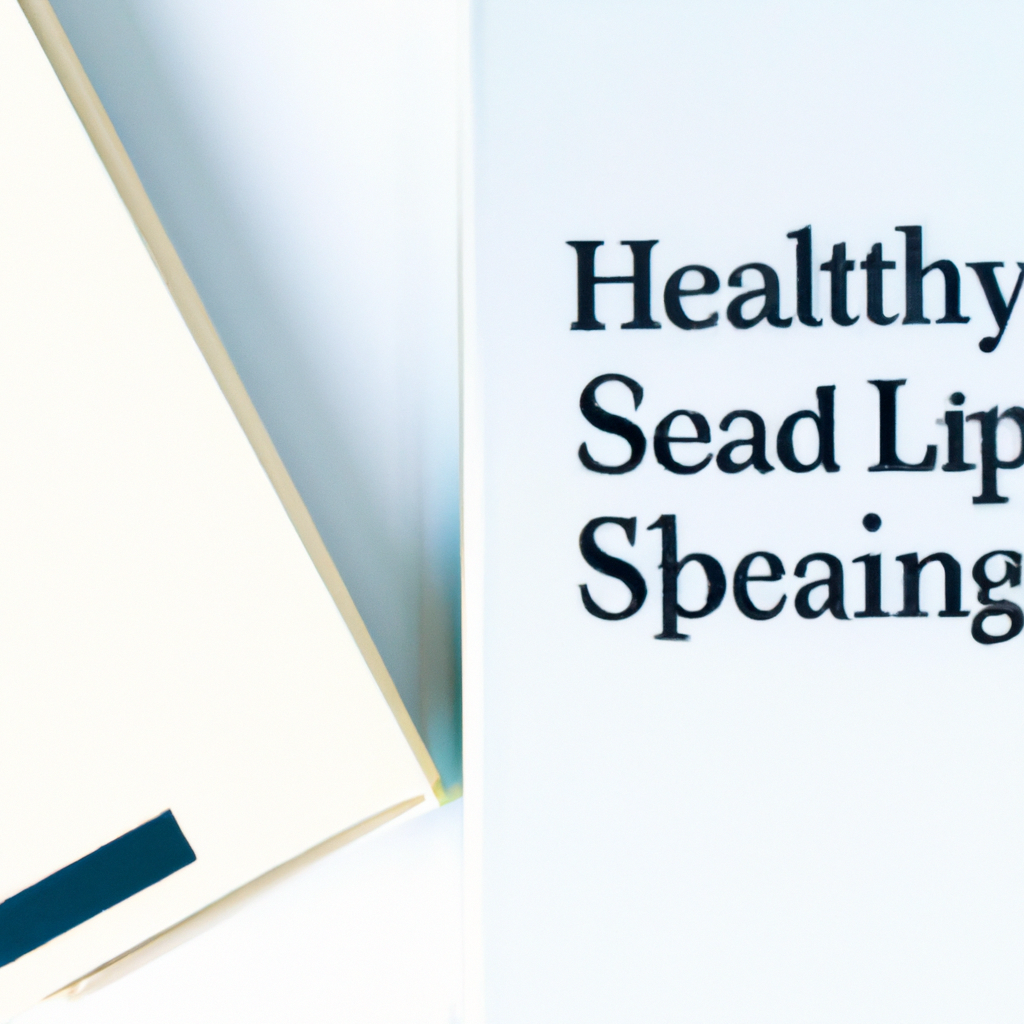Getting into the perfect bedtime habits can be the key to a more restful, restorative sleep. With the help of sleep hygiene, anyone can learn how to create healthy sleep habits which can positively impact the quality of their sleep. In this article, we explore how sleep hygiene can give you the essential tools to get better rest and find a path to a healthier sleep routine.
1. Uncovering the Keys for Quality Sleep
Getting quality sleep is essential for a healthy mind and body. If you’re not getting the quality sleep you need, your life can quickly start to feel unbalanced. Fortunately, there are several steps you can take to help make sure you get the restful sleep you need each night.
- Establish a nightly routine: Routine can be one of the greatest helpers in achieving deep, restful sleep.
- Avoid stimulants late in the day: Coffee, tea, energy drinks, etc., can all interfere with sleep and should be avoided in the evening.
- Minimize blue light exposure: Exposing yourself to blue light from phones and laptops can interfere with the body’s natural production of melatonin.
Aiming for a consistent bedtime is a great place to start when trying to achieve better sleep. A nightly ritual can help you unwind and decompress from the day’s stressors. Try creating a relaxing atmosphere by turning off computers and televisions, dimming the lights, and turning on soft music. This will help you set the stage for a good night’s rest.
In addition to establishing a pre-bedtime routine, be mindful of what you’re consuming to help avoid any late-night stimulation. Things like caffeine, sugary snacks, and cigarettes should be avoided in the evenings. If your body is still functioning from the effects of stimulants, it could be more difficult to achieve a deeper state of sleep.
When it comes to falling and staying asleep, managing blue light exposure is important. Minimizing blue light from computer and phone screens can help the body produce its own natural melatonin. Using programs like “Night Shift”, “Flux”,or wearing computer glasses during the evening can help reduce blue light exposure when trying to wind down.
Quality sleep is essential and adhering to a consistent pre-bed routine, avoiding stimulants, and managing blue light can all support your ability to get the restful sleep you need each night.
2. Achieving Optimal Sleep with Sleep Hygiene
Getting a good night’s sleep doesn’t just happen— and if you want to have ongoing optimal sleep, then developing good hygiene habits is essential. Here’s what you need to know to make sure you get the rest you need:
- Stick to a schedule. It’s important to have regular sleep times, as much as possible. This will help to regulate the sleep-wake cycle.
- Keep it dark. Melatonin, the hormone that regulates the sleep-wake cycle, is affected by light exposure. Make sure your bedroom is kept as dark as possible, especially if you are sleeping during daylight hours.
- Focus on your bed. Aim to only use your bed for sleeping and try to avoid spending hour after hour scrolling through social media.
Set the mood. Make sure the temperature of your bedroom is neither too hot or too cold, and if noise is an issue then consider using a fan or investing in some earplugs.
Take a break. Give yourself enough time between waking up in the morning and going to bed at night. Going to sleep within an hour or two of being active can be difficult. If you can, you should set aside at least 30 minutes for winding down before sleep.
Stick to it. Establishing healthy sleep habits can take some time, so maintain consistency and be patient. Try your best to stick to the plan and eventually you’ll find that your sleep begins to improve!
3. Understanding the Benefits of Sleep Hygiene
Sleep hygiene is a term used to encompass all the habits that help you get a goodnight’s sleep. Here are some of the immediate benefits of taking steps to improve your sleep hygiene:
- Improved mood regulation – Research suggests that disturbed sleep is associated with several mental health issues, including depression, anxiety, and low self-esteem. When you practice good sleep hygiene, you can regulate your mood more effectively and reduce the impact of stress.
- Reduced risk of medical conditions – Lack of shuteye is linked to several medical problems, including obesity, diabetes, and heart disease. Getting adequate rest can help you keep these conditions at bay.
- Increased energy levels – If you suffer from sleep deprivation, you’ll be left feeling exhausted during the day. Achieving seven to nine hours of restful sleep will leave you feeling more energized during the day.
That being said, it’s important to be aware that some of the key components of sleep hygiene may vary from person to person. For example, people with insomnia might need to set aside more time for relaxation before bed while those with jet lag may prefer bright light therapy to get them back on the right sleep schedule.
Furthermore, it’s important to recognize that the effects of sleep hygiene don’t go away overnight. Improvement in the quality and quantity of your sleep will take time. That said, you should still be able to notice some beneficial changes after a short period of time.
Lastly, don’t forget that regular exercise, a healthy diet, and a consistent sleep schedule are all essential elements to maintain a good sleep hygiene routine.
4. Incorporating Healthy Habits for Better Rest
Getting enough quality sleep is essential for physical and mental well-being, yet for many of us, it seems like an unattainable goal. Now, more than ever, it’s worth taking the time to adopt healthy habits for more restful and restorative nights of sleep that will benefit our bodies as a whole.
Here are a few simple things you can do to get more restful sleep:
- Limit electronics in the bedroom: Avoid using any electronics, such as your mobile phone, tablet or laptop for at least an hour before bed. The blue light from screens can make it hard to snooze.
- Establish a regular bedtime routine: Find something calming and relaxing to do before bed, such as reading, stretching or listening to some relaxing music. Go to bed and wake up at the same time every morning. This helps your brain create a natural cycle.
- Exercise during the day: Working out during the day can help reduce stress and tire your body, making it easier to sleep at night.
- Cut down on caffeine and alcohol: Too much caffeine in the evening can make it harder to fall asleep and stay asleep. Alcohol is a natural sedative, however, it can disrupt your sleep which can lead to fatigue and drowsiness.
- Seek natural lighting during the day: Natural sunlight helps keep your sleeping patterns consistent and signals to your body when it’s time to sleep.
By practicing healthy habits and giving yourself plenty of rest, you can unlock the power of adequate sleep. Poor sleep has been linked to a wide range of physical and mental health issues, so it’s in your best interest to make sure you’re getting enough shut eye!
Good sleep hygiene helps ensure a good night’s sleep and can make all the difference in your overall health and wellbeing. Follow the tips in this article and better sleep is just around the corner. Sweet dreams!



